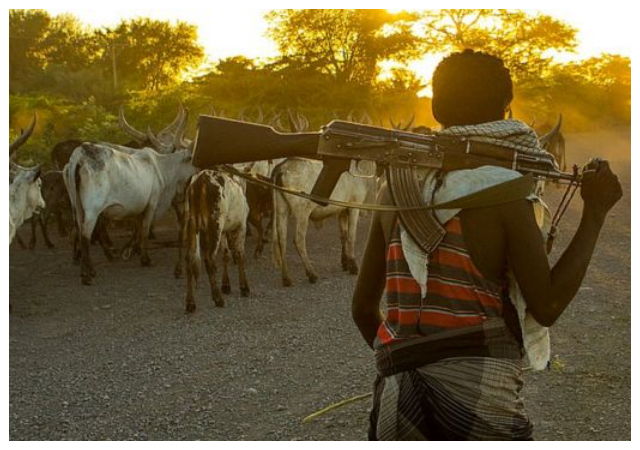
Over 60,000 Nigerians, according to Tajudeen Abbas, Speaker of the House of Representatives, have died as a result of the ongoing conflicts between herders and farmers.
He also bemoaned the fact that conflicts between farmers and herders, which were previously considered to be local or contained, have assumed a new dimension as they have grown to encompass more countries in West Africa.
The House Ad-hoc Committee’s stakeholders interactive session on the “Recurring Annual Clashes Between Farmers And Herders In Yamaltu/Deba Local Government Area Of Gombe State, And Neighboring Local Government Areas, Including Other Regions Of The Country With Similar Incidents” was held on Monday. In his opening remarks, Abbas made this claim.
Abbas, who was represented by Deputy Speaker Benjamin Kalu, claimed that the House decided to critically examine the causes, nature, dimensions, actors, impact, and potential solution to the nagging national challenge because of its implications for the overall welfare of the country.
He declared, “The clashes caused avoidable losses in human life and property. Over 60,000 deaths are thought to have occurred since 2001. Why should that be the case?
“The number of fatalities, injuries, and kidnappings represents a worrying situation and poses a serious national security challenge for Nigeria’s efforts to achieve food security and alternative foreign earnings from the agricultural sector. Acting quickly is necessary to address this threat.
“These conflicts have gotten worse recently, which is very dangerous for our national security. The way that terrorist organizations, bandits, and international criminal organizations have appropriated these conflicts is even more worrisome.
This has had serious repercussions, such as denying farmers access to their farms, which has increased food prices, raised the cost of living, increased unemployment, and reduced foreign earnings that would have come from the agricultural sector.
The National Security Advisor, Mallam Nuhu Ribadu, who was represented by Professor Abdullahi Mohammed Ya’u, lamented that the farmers/herders conflict has claimed more lives than the majority of the crises experienced in the nation and added that the issue is still present and affecting the country as a whole’s socio-economic interests.
He asserted that the NSA office has broadened its remit to address the security issues raised by doing so in cooperation with all pertinent authorities.
Farmers/herders conflicts have a significant impact on the livelihood of Nigerians in Yamaltu-Deba and other places, according to a memorandum written by Miyetti Allah Kautal Hore and titled “Memorandum On Disputes Between Farmers And Herders In Yamaltu-Deba Local Government Area, Gombe State.”.
“Understanding and dealing with these changes in access to grazing land or water sources is crucial in reducing conflicts between herders and farmers in Yamaltu-Deba Local Government Area,” it was stated in the statement.
The region’s herders and farmers can live together peacefully by promoting sustainable land and water management practices, enacting inclusive policies, and striking a balance between their needs and rights.
Similar to this, the Kulen Allah Cattle Rearers Association of Nigeria stated in a presentation by its national president, Khalil Mohammed Bello, that the failure of the state and federal governments to take effective action was a major factor in the conflict’s escalation.
He stated, “Some laws emerging in some states, restricting the free movement of pastoralists, is seen as an infringement on the principle of free movement of people which is a constitutional right of every Nigerian, did not in any way reduce conflicts, rather it aggravated it.
“The National Assembly was unable to enact a bill for an act to establish ‘Grazing Reserves’ in each of the Federation’s states in 2016. This occurred largely as a result of the bill being rejected because pastoralism was perceived as a profession primarily practiced by one ethnic group.


















